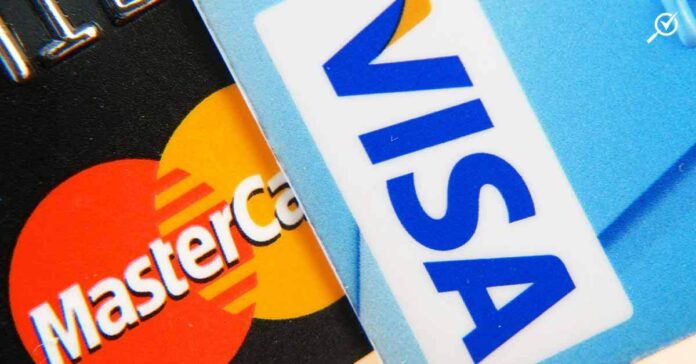Visa (V.N) and Mastercard (MA.N) announced a revised $38 billion settlement with merchants who accused the card networks of charging too much to accept their credit cards, aiming to satisfy a judge who rejected a smaller accord as inadequate.
Monday’s settlement would end 20 years of litigation in which businesses accused Visa, Mastercard, and banks of conspiring to violate U.S. antitrust laws, including through the card networks’ collection of “swipe fees.”
The accord drew opposition from merchant groups, including the National Retail Federation and the Merchants Payments Coalition, who said it does not fully address concerns raised by U.S. District Judge Margo Brodie in Brooklyn, New York, when she rejected a $30 billion settlement in June 2024. Merchants argued they would still pay too much to accept popular rewards cards that dominate the market.
“You can’t just suddenly tell more than 80% of your card customers you’re not going to take their cards,” Stephanie Martz, the NRF’s general counsel, said. “You would lose a lot of business.”
Also known as interchange fees, swipe fees totaled $111.2 billion in the United States in 2024, up from $100.8 billion in 2023 and quadruple the level in 2009, the NRF said.
The settlement calls for Visa and Mastercard to lower swipe fees, currently 2% to 2.5%, by 0.1 percentage point for five years. Merchants could choose whether to accept U.S. cards in categories including commercial cards, premium consumer cards, and standard consumer cards. Standard consumer rates would be capped at 1.25% for eight years, a reduction of more than 25%.
Merchants would also gain more options to impose surcharges when customers pay by card, including an “unfettered” ability to charge up to 3%, according to a court filing. Lawyers said the $38 billion settlement reflects the projected reduction of swipe fees through 2031, as estimated by two experts including Nobel Prize-winning economist Joseph Stiglitz. They added that the changes could conservatively save merchants more than $200 billion over the course of the settlement.
Visa, based in San Francisco, said the settlement provides merchants of all sizes with meaningful relief, flexibility, and options to control how customers pay. Mastercard, based in Purchase, New York, said smaller merchants would particularly benefit from more flexibility, lower costs, and simpler rules. Neither company admitted wrongdoing.
The $30 billion settlement rejected by Judge Brodie would have lowered swipe fees by about 0.07 percentage points over five years and allowed merchants more room to impose surcharges. Brodie called the annual $6 billion savings for merchants “paltry” compared with how much Visa and Mastercard could still charge.




